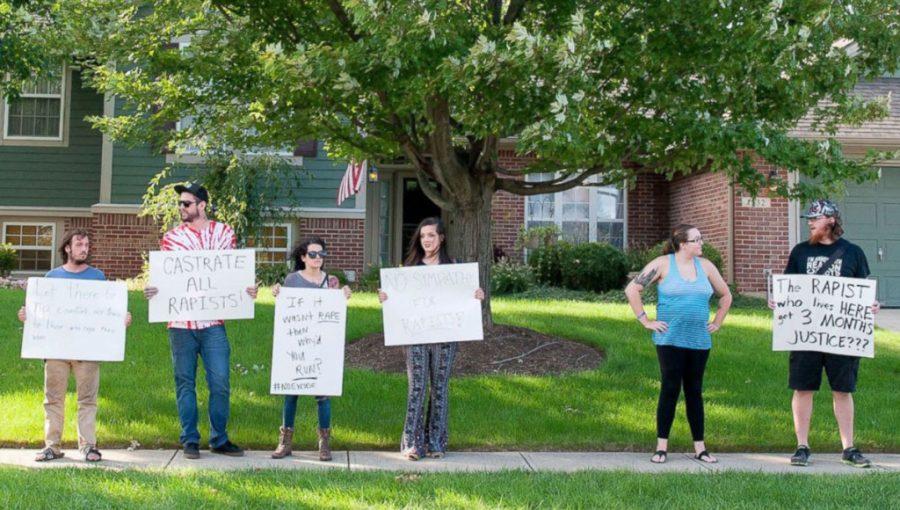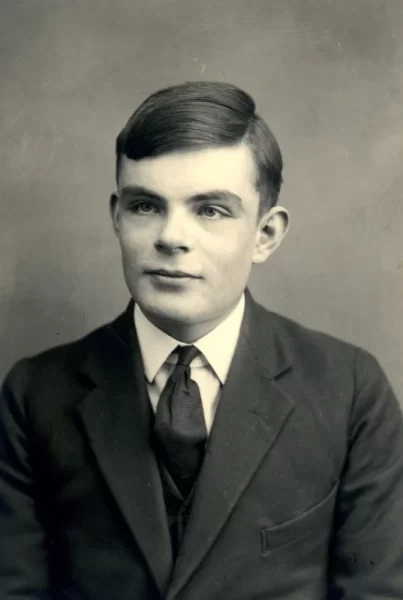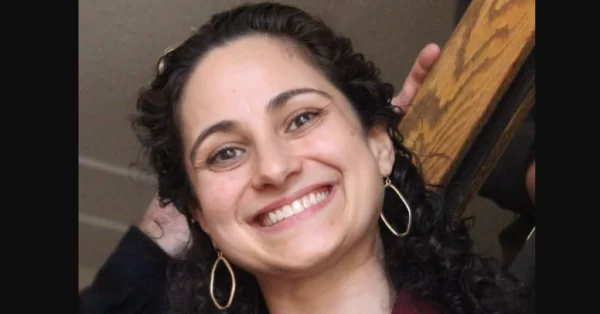A lenient sentence provokes protesting
Brock Allen Turner, former student at Stanford University in California, was caught in the act of sexual assault around 1 a.m. on January 18, 2015.
Two of Brock’s fellow Stanford students were out riding bikes late at night when they saw him behind a dumpster- with an unconscious woman beneath him. “I sleep with two bicycles that I drew taped above my bed,” the victim stated, “[they’re there] to remind myself that there are heroes in this story,” she had stated in her letter she wrote to him.
According to the police report, on January 28, 2015 he was charged on 5 felony counts: rape of an intoxicated person, rape of an unconscious person, assault with intent to rape an intoxicated woman, sexually penetrating an intoxicated person with a foreign object, and sexually penetrating an unconscious person with a foreign object. But even with all of the severity in his actions, many believe the consequences were much less so.
It took over a year for the prosecutors and judge to come to a final decision on how long his jail sentence should be. Although the average sentence for first time sex offenders are a maximum of 14 years, and the district attorney requested he be sentenced to 6 years, judge Aaron Perksy thought that spending too much time in jail would “permanently damage Turner”.
On March 30, 2016 Perksy had come to the verdict that 6 months is a sufficient amount of time for Turner to learn his lesson. It has been agreed in Santa Clara County Superior Court that once Brock Turner was released from county jail he would have to register himself as a sex offender every 9 months for the remainder of his lifetime, he must complete a sex offender management program, and submit to random drug and alcohol tests.
On top of that, he will be assigned to 3 years of probation. Anyone residing within 1250 ft of Turner’s address will be notified with a short letter or postcard that he is a sex offender. Turner won’t be allowed within 1000 ft of any schools or playgrounds, and all of these consequences are a requirement to follow for the rest of his life.
After the Brock Turner case was finished, California passed a new law. It is now a requirement for the courts to treat punishment for those convicted of sexual assault against someone who’s unconscious or too intoxicated to give full and clear consent the same way as it the victim were sober or conscious.
Turner has been kicked out of Stanford University, and shortly after kicking him out the school established a new alcohol policy to help minimize campus rape. Hard liquor has been banned at undergraduate parties on campus, and binge drinking is starting to be kept on a close eye. Many do not agree with the new rules in Stanford though.
The woman Turner assaulted wrote a long detailed letter, and in a small section of it she explains that alcohol is not to place full blame on. “All you can admit to is consuming alcohol,” her letter reads, “but do not talk about the sad way your life has upturned because alcohol ‘made’ you do bad things. Figure out how to take responsibility for your own conduct.”
There have been multiple protests, both peaceful and slightly violent, at Brock Turner’s house since he has been released from the Santa Clara County Jail. There has been people holding signs saying things such as, “castrate rapists”, “if it wasn’t rape, then why’d you run? #noexcuses”, and “no sympathy for rapists”.
There were armed protesters surrounding his house, holding up signs which much more hostile words such as “shoot your local rapist” and “if I rape Brock Turner, will I only get 3 months too?” These protests are still happening, not even just in his town, but all over the United States.















Kellie Hubbard • Jun 9, 2019 at 12:39 am
A sad story. Well written tho